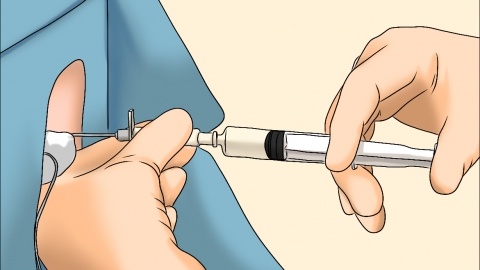How effective is acupuncture anesthesia?
Generally speaking, the effectiveness of acupuncture anesthesia mainly depends on the size of the surgery and the type of anesthesia used. For minor surgeries or procedures requiring local anesthesia, the effect is often quite satisfactory. However, for major surgeries requiring general anesthesia, the effectiveness may be less ideal. A detailed explanation is as follows:

If the procedure is a minor surgery or involves local anesthesia, such as thyroid surgery or chest surgery, acupuncture anesthesia usually achieves relatively satisfactory results. Acupuncture anesthesia has analgesic and sedative effects, which can help patients reduce pain and better cooperate with the surgeon during the operation. Moreover, using acupuncture for anesthesia is also relatively safe, with minimal damage to the body and skin, and less bleeding during the procedure.
However, for major surgeries or procedures requiring deep anesthesia, such as general anesthesia or neurosurgical operations, acupuncture anesthesia may not meet the requirements, and the results are often unsatisfactory. These surgeries may require profound pain relief, thus necessitating general anesthesia techniques such as inhalational anesthesia, intravenous anesthesia, or a combination of both.
Prior to anesthesia, it is recommended to undergo a medical evaluation at the hospital and then choose an appropriate anesthetic method based on individual conditions. Additionally, if there are any related contraindications, they should be promptly communicated to the doctor before the procedure to ensure safety.







